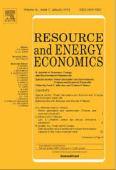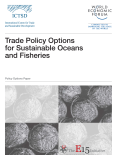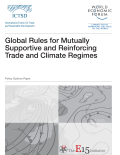
To be relevant to developing countries, green growth must be reconciled with the two key structural features of natural resource use and poverty in these countries. First, primary products account for the majority of their export earnings, and they are unable to diversify from primary production. Second, many economies have a substantial share of their rural population located on less favored agricultural land and in remote areas, thus encouraging “geographic” poverty traps. If green growth is to be a catalyst for economy-wide transformation and poverty alleviation in developing countries, then it must be accompanied by policies aimed directly at overcoming these two structural features. Policies and reforms should foster forward and backward linkages of primary production, enhance its integration with the rest of the economy, and improve opportunities for innovation and knowledge spillovers. Rural poverty, especially the persistent concentration of the rural poor on less favored agricultural lands and in remote areas, needs to be addressed by additional targeted policies and investments, and where necessary, policies to promote rural-urban migration.


As the world intensifies its search for global solutions for climate change, far too little attention has been paid in global policy-making to the nexus between climate change and international trade. In particular, important opportunities for the trade system to contribute to addressing climate change have been overlooked. The overriding message addressed to both trade negotiators and climate negotiators in the present paper is that they must begin by acknowledging the inseparability of the two issues with the aim of framing global rules on trade and on climate that are mutually consistent, supportive, and reinforcing.
Eco-innovation has been identified as one of the key drivers of change that need to be harnessed for a sustainable future. Given the complexity of eco-innovation as a concept, there are various challenges to measuring its progress. This CEPS Working Document briefly explores the evolution of the concept of eco-innovation and emphasises its role in the EU 2020 strategy. It then gives an overview of the different measurement approaches and challenges associated with identifying and using indicators for measuring progress in eco-innovation. Within this context, the paper describes the added value and key features of the www.measuring-progress.eu web tool, which aims to improve the way in which policy-makers and others involved in the policy process can access, understand and use green economy and eco-innovation indicators. The web tool was developed as part of a systematic overview by the NETGREEN project research team of the large and fragmented body of work in the field of green economy indicators. The paper concludes with a number of messages for policy-makers in this field.
